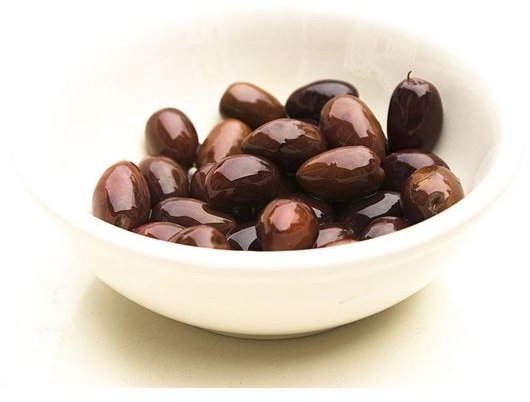Mediterranean Diet Foods List: What Everybody Ought to Know
What is the Mediterranean Diet?
The Mediterranean diet has gained popularity in the U.S. as an alternative to the fast-paced, convenience diet many Americans follow. Instead of allowing for precooked meals or fat-filled ingredients, the Mediterranean diet focuses on consuming large amounts of fruits and vegetables, whole grains and low-fat meats, and promotes recipes and meals popular in areas surrounding the Mediterranean region. Some people choose to follow this diet as a way to lower their heart disease and cancer risk, while others choose the Mediterranean diet to lose weight. Although the term “diet” is frequently scary and viewed as a “bad” word, there are a variety of foods to eat on the Mediterranean diet that are both easy to make and digest. This list of Mediterranean diet foods will assist you in your journey towards healthy eating.
Olives are a primary staple of the Mediterranean diet.
Olives
Olives are one of the primary staples of the Mediterranean diet. Eat olives whole as a snack or with a drink. Olives are also a healthy way to spice up a salad.
Olive Oil
Choose olive oil instead of vegetable oil while following the Mediterranean diet. Add olive oil to toast instead of jam or peanut butter, or pour it lightly over a salad.
Oatmeal
Fix oatmeal for breakfast and eat with fresh fruit. Oatmeal is full of soluble fiber and is an excellent, low-calorie way to begin the day.
Rice
Choose whole-grain rice as a tasty side dish for any meal. Avoid selecting white rice, as it contains less fiber.
Strawberries
Eat fresh, ripe strawberries with breakfast cereals or as a snack. Strawberries are an excellent source of soluble fiber.
Apples
Apples are full of fiber and are low in calories. Slice apples and spread them on a salad or eat them with oatmeal for breakfast. Whole apples are easy to grab on-the-go and eat as a snack while working or traveling.
Nuts
Eat a few nuts as a snack or in addition to a tasty meal. Choose nuts that do not have added salt or sugars to reap the most health benefits.
Beans
Beans are an excellent substitution for meat, which is frequently full of saturated fat. As a bonus, they are full of vitamins, minerals and fiber.
Fish
Fish is low in fat and is beneficial for improving your memory and brain functions. Choose your favorite type of fish and fry, bake, or grill it. Top it off with a bit of olive oil and serve with fresh fruit.
Conclusion
There are so many foods to eat on the Mediterranean diet that you will have an endless assortment of possible food combinations, sure to tantalize your taste buds regardless of your food preferences. While adding variety to your meals on the Mediterranean diet may take a bit of planning and consideration, eating healthier is a lifestyle benefit you won’t regret.
Resources
Women’s Heart Foundation, The Mediterranean Diet: https://www.womensheart.org/content/Nutrition/mediterranean.asp
Oldways, The Traditional Mediterranean Diet: https://www.oldwayspt.org/traditional-mediterranean-diet
GI Care, Mediterranean Diet: https://www.gicare.com/Diets/mediterranean-Diet.aspx
